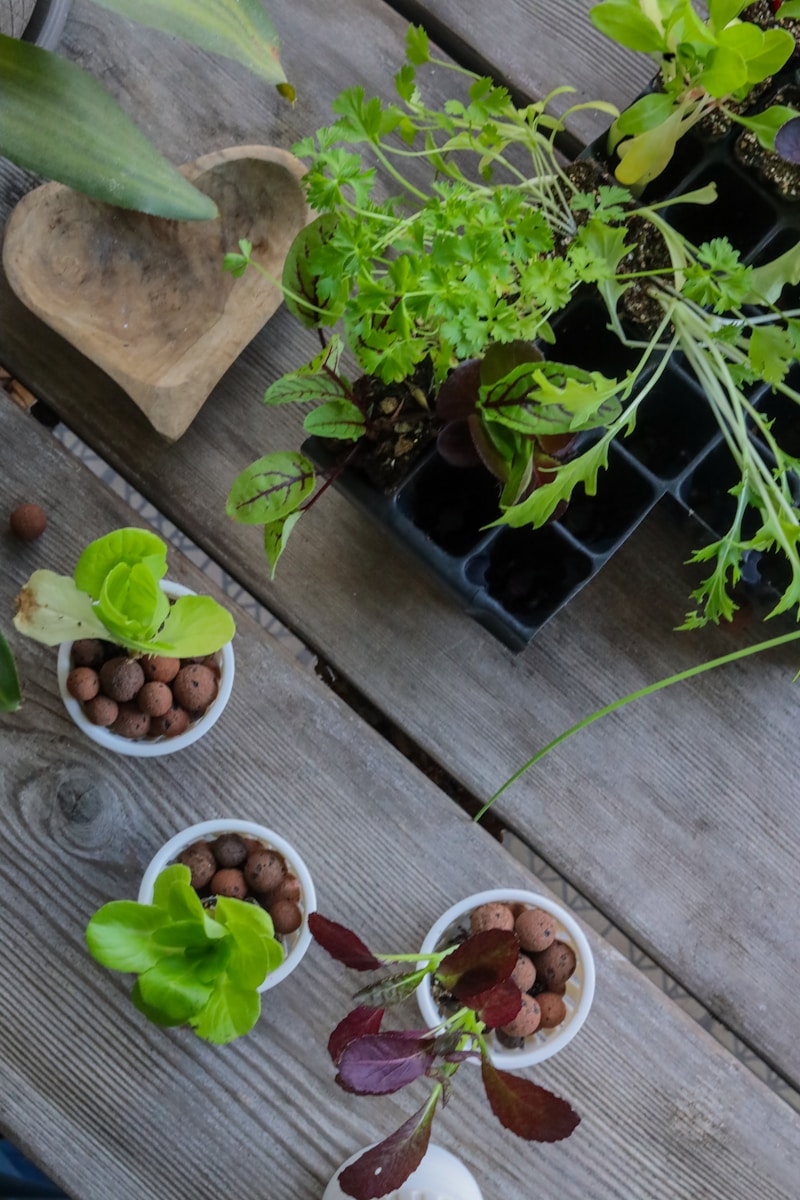Hydroponics, the art and science of growing plants without soil, holds a special allure for nature-lovers. But beyond its applications in gardening and agriculture, it has a unique potential for education, particularly at the senior school level where practical, hands-on projects are key. Hydroponics can be a driving-force to a whole new world of experiential and project-based learning, introducing students to the concepts of ecosystems, modern farming techniques, and basic scientific principles.
How exactly can hydroponics meld into education, especially at the senior school level? It’s all about immersing students in a real-world context – hydroponics systems. By creating a tangible, multi-disciplinary project that engages a wide range of skills, hydroponics encourages critical thinking and imparts practical knowledge smoothly and intuitively. For instance, consider the plethora of lesson plans and activities available on multiple platforms. A specific go-to resource is teacherspayteachers.com, offering instructor resources for a comprehensive hydroponics curriculum.
A word to the wise is that hydroponics education goes beyond planting seeds. It’s a pedagogical tool that embraces hands-on learning, fosters critical thinking and measurement skills, and instills a sense of environmental responsibility. It nudges students to explore, question, and engage with natural processes in an intimate way.
What good does a hydroponics system bestow on learners in a classroom? The benefits of such an integration are aplenty. Incorporating an educational hydroponics system in your classroom translates to immediate hands-on learning opportunities. Students get to play with technology, bask in curiosity, and foster an undying interest in agriculture. By catering to a variety of age groups, hydroponics also exposes students to a wide array of topics ranging from growth stages to budgeting to essential nutrients, making cross-curricular learning tangible and exciting.
Hydroponics isn’t just a teaching tool; it’s a catalyst for curiosity, convolving technology with life sciences. Simply put, it can shapeshift the standard classroom into a versatile and synergized learning hub. But the icing on the cake is perhaps its role as a cost-effective sustainable agricultural method that helps students understand the farm-to-table concept and paves a path for future careers in STEM and agriculture.
Beyond the theory, what sort of practical hydroponic projects can we expect students to delve into? The answer to that lies in simplifying the complex. Believe it or not, a simple 2-liter bottle is all you need to get your hands dirty with hydroponics. A practical and educational DIY project introduced by epicgardening.com guides students on creating a mini hydroponic garden, thereby understanding plant growth and hydroponics in a fun and engaging way.
A 2-liter bottle, coconut coir, water wicks, nutrients, seeds, and a dash of curiosity is all it takes to sow the seeds of knowledge and reap the joy of hydroponics. Teachers can guide their students to plant the seeds, maintain the mini hydroponic garden, and finally harvest their produce, be it lettuce, spinach, or basil. Watching a tiny seed transform into a plant that they’ve nurtured, can be an empowering experience for students and a milestone in their scientific journey.
The joy of hydroponics lies not just in sparking curiosity but also in nurturing it, transforming everyday items into a thriving garden. It’s a simple yet powerful lesson in the astonishing capabilities of nature.
Integrating hydroponics into senior school education is not just an innovative approach; it’s a proactive step towards amalgamating learning with life. It’s about teaching kids to thrive in a world that is rapidly adopting sustainability. Hands-on hydroponics projects provide practical knowledge and enrich the learning process by making it interactive and fascinating. The invaluable benefits, blended with the joy of cultivating and caring for plants, make hydroponics a must-include in the educational milieu. So, gear up to plant the seed of knowledge and let the joy of learning grow!

